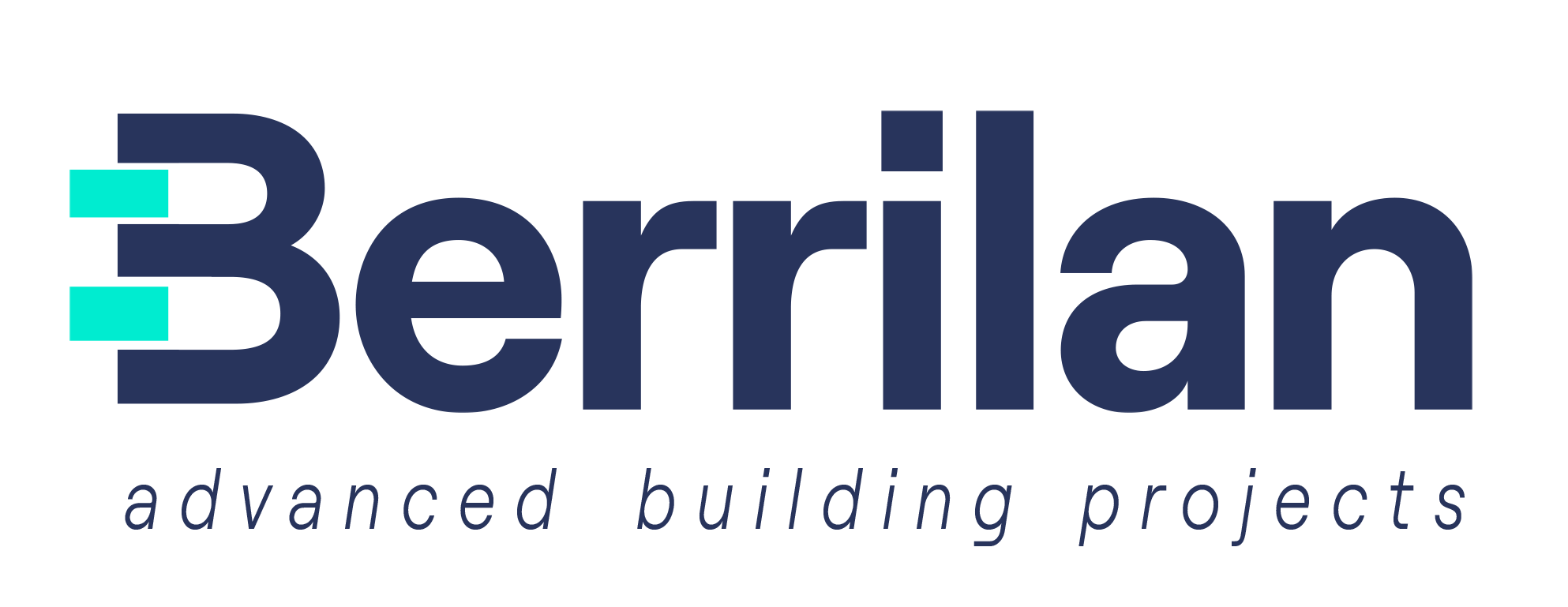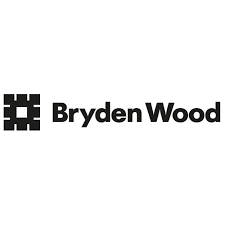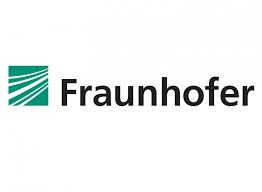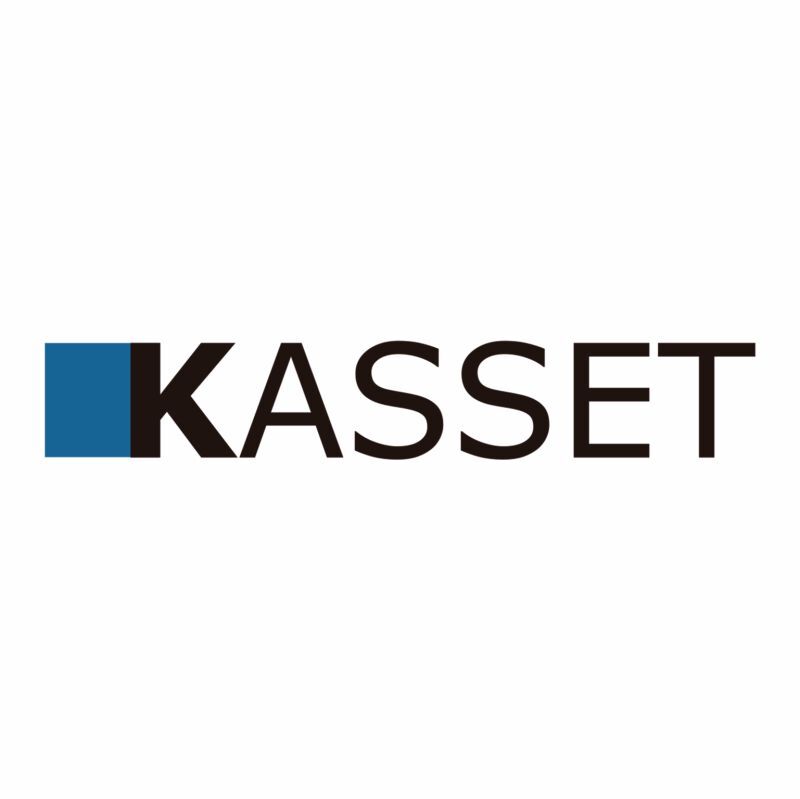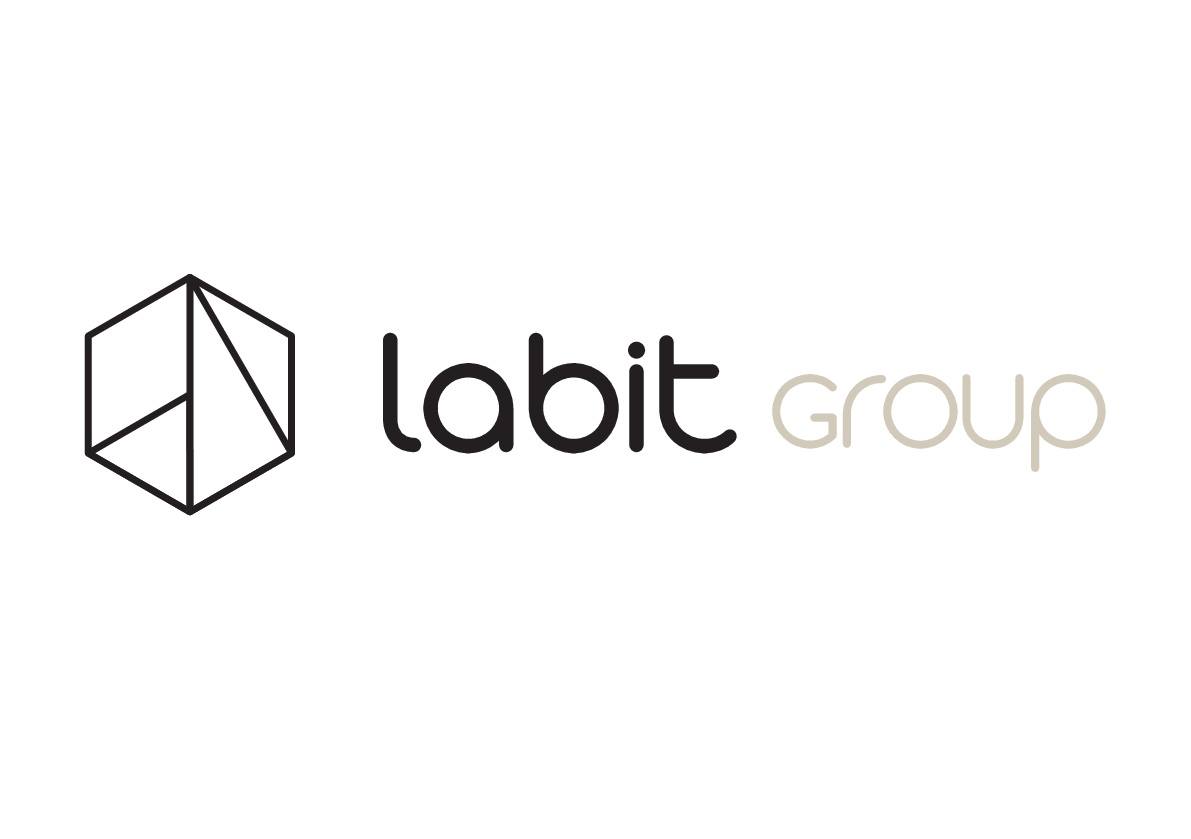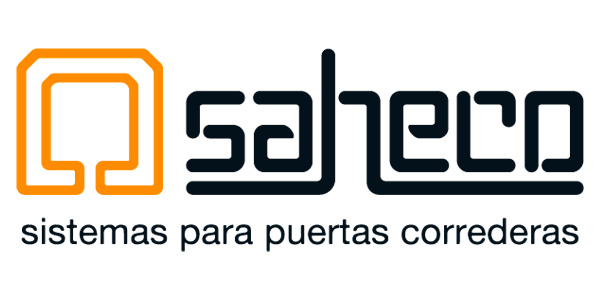BEP TECH
DEMO DAY
BEP TECH
DEMO DAY
MWC - 4YFN
MWC - 4YFN
Fundamental concept:
It is based on manufacturing standardised 3D modules and assembling all components in factories, following a controlled industrialised process, and then assembling them onsite.
Standardisation:
These modules include all elements (walls, ceilings, floors, electrical and sanitary installations), with a finish on leaving the factory of 95-98%. with precision and with high quality certificates.
Efficiency and speed:
Modular construction stands out for its efficiency and speed compared to traditional construction methods. Manufacturing in controlled environments reduces construction times (-50%) and minimises errors during the onsite assembly process.
Flexibility and adaptability:
Despite standardisation, modular construction offers flexibility and adaptability. Modules can be customised according to project needs and customer specifications, allowing for a wide variety of designs and configurations.
Environmental and economic benefits:
>Atom promotes the circular economy by reducing material waste and environmental impact compared to traditional construction. It also offers economic advantages by optimising production costs and accelerating project delivery time, resulting in significant savings for investors and end customers.
Quality standards
The modules are manufactured in controlled environments, which ensures high standards of quality and precision in construction. This reduces the possibility of errors and defects during the construction process.
Efficient production
The mass production of modules allows for greater efficiency in production. Automated processes and standardisation of components allow us to produce faster and more economically compared to traditional construction.
Reduced construction times
By manufacturing modules in advance, we significantly reduce the time required to complete a construction project. Once the modules are ready, they are simply assembled onsite, speeding up the entire construction process.
Flexibility and adaptability
Modules are digitally designed and manufactured to suit a wide variety of project needs and specifications. This allows for greater flexibility in the design and configuration of the building, as well as the ability to customise the modules according to our customers' preferences.
Simplified transport and assembly
Prefabricated modules are easier to transport and assemble compared to conventional building materials. This reduces the costs and risks associated with transporting heavy materials and equipment, as well as downtime on site.
50% reduction in construction time.
Execution deadlines can be met, and assembly can be carried out in days. It is not necessary to wait for the layout on site to start work. + SPEED OF DELIVERY =+ PROFITABILITY.
(with the same time the ROI is multiplied exponentially).
4.2. 20% reduction in construction cost with higher quality guaranteed.
Precision machinery and engineering combined with computer generated design results in a standardised quality product.
Complete control over the project created by the client.
Use of MMC (Modern Methods of Construction) for digitisation and project management.
High quality of the delivered buildings.
The final product has a high level of quality as it has been controlled and certified in each of its processes. It also offers greater quality control as it is built inside a factory (closed and covered building), air-conditioned (away from inclement weather) and dry, and in a safe environment.
Minimal environmental impact and meeting the requirements of circular construction.
The ease of dismantling the building facilitates its complete recovery, allowing the building to be understood as a bank of materials and making it possible to recycle all components and materials. These recovered materials can enter again into an industrial chain, or a new building and thus help to minimise environmental impacts (extending its decarbonisation).
Modularisation.
The conversion of a building into a sum of modules allows for scalable, flexible, transformable and transportable production (as the standardised module sizes allow them to be exported anywhere in the world).This point is fundamental to Atom's business model.
Reduction of work-related accidents.
This is a crucial aspect in this sector, where every year negative accident records are broken. Assembly as a process helps to reduce the number of accidents at work by following a trend towards zero and improves working conditions for assemblers.
Labour transformation (technological and digital) with added value.The digitalisation involved in this proposal will help to retrain (re-skilling and up-skilling) the professionals, technicians and workforce (workers, fitters, assemblers) involved, creating a more stable environment, both to maintain jobs and to guarantee their future.
No typology limitations.
The modular units can be customised to the client's taste with the preferred finishes as long as they can be found in the configurator (B2C). And it does not only cover single-family housing projects but can be applied to any type of building; hospitals, schools, hotels, multi-family dwellings, senior and student residences, and any other need and opportunity that may arise.
Rapid implementation on site.
The rapid implementation of the modules on site helps to reduce the time spent on site, reducing the disturbance to the neighbourhood, inconvenience to urban mobility, noise impacts, atmospheric pollution, costs for provisional connection to electricity, municipal taxes for occupation of public land...
Any type of building can be built using modules.
Single-family housing, Multi-family housing, Office buildings, Co Working, Hotels, Hospitals, Educational establishments, Student residences, Senior Residences, Co Living
Our purpose is to guarantee buildings of any type to a society that requires them and sees that the construction sector is not capable of executing them.
Wood, our best ally:
Massive wood is a material with a good reaction to fire, a behaviour that has improved considerably with the introduction of technical wood. It is undeniable that to have wood you have to cut down trees, but as they say in the New European Bauhaus "Cut tree Save forest".
Wood is the only structural and building material that is grown. And it grows 365 days a year. It is renewable and circular and by extending its use, the value of forests will increase and lead to an increase of forest areas on our planet.
Choosing wood as a building material means being at the forefront and being part of a growing group actively engaged in the fight against climate change and in the fulfilment of the agreements established at each COP conference.
Compliance with building codes and regulations
Prefabricated modules are designed and built in accordance with local and national building codes and regulations. Prior to manufacturing, reviews and adaptations are made to ensure that the modules comply with the specific standards and regulations of each municipality.
Customisation according to local regulations
We adapt the design and specifications of the modules to comply with local regulations, such as zoning requirements, maximum building height, and other urban planning aspects set by municipal authorities.
Inspections and certifications
Prefabricated modules undergo quality and safety inspections during the manufacturing process. In addition, certifications are obtained to ensure compliance with local regulations, which facilitates approval by municipal authorities prior to installation.
Collaboration with local authorities
Close collaboration with municipal authorities to ensure compliance with local regulations. This includes the coordination of building permits, environmental impact assessments and other administrative procedures required for project approval.
Environmental and sustainability considerations
Modular construction is especially attractive to municipalities that promote sustainable and environmentally friendly building practices. Efficiency in the use of materials, waste reduction and reduced environmental impact contribute to compliance with local regulations related to urban sustainability.
Transport by road
The prefabricated modules are transported by truck. Biofuel trucks are used, and in the immediate future 100% electric trucks.
The standard sizes of the prefabricated modules and the maximum loading weight are designed to suit road freight dimension regulations, ensuring efficient and safe transport.
Rail transport
Prefabricated modules can be transported by freight trains via the rail network.
Platform wagons or special wagons designed for the transport of large loads are used.
The standard sizes of the modules are adapted to fit the height and width restrictions of railway wagons, allowing them to be transported by rail without any problems.
Sea transport
The prefabricated modules are loaded on cargo ships designed to carry standard cargo containers.
Standard ISO containers are used for sea transport of the modules, which facilitates their handling and loading at ports.
The standard module sizes are designed to fit common sea container sizes, such as 20 or 40 feet in length, ensuring compatibility with sea transport methods.
Safety and security
During transport by any means, security measures are applied to ensure the integrity of the modules.
Securing devices, such as straps and lashings, are used to secure the modules to the transport vehicles and prevent unwanted movement.
Additional protection systems, such as plastic wrapping or support structures, may be used to protect the modules from damage during transport.
Logistics coordination
Transport by different means requires careful logistical planning.
Road, rail and sea transport schedules are coordinated to ensure timely delivery of the modules to the construction site.
The necessary customs and administrative formalities for international transport are managed, in the case of sea transport, ensuring compliance with all regulations and legal requirements.

